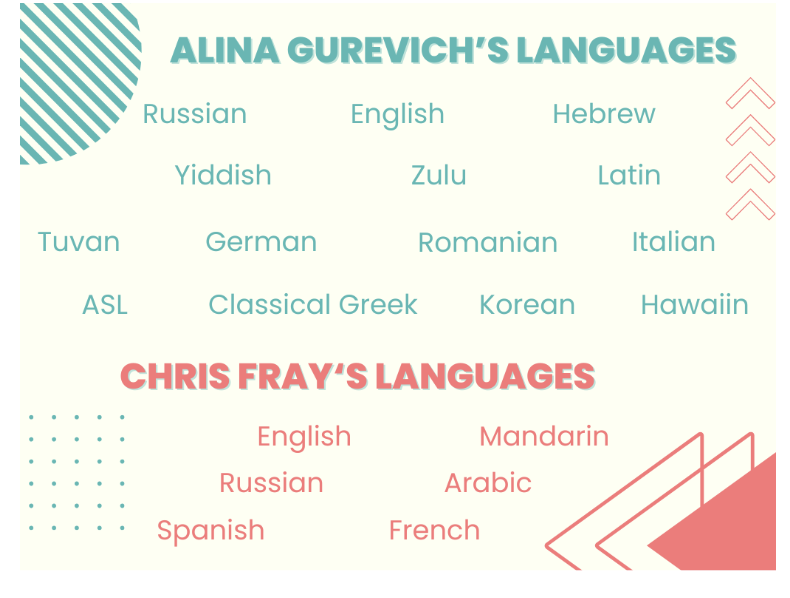Scrolling through Instagram has, for the first time, become a challenge for the senior class.
The same kid who sat next to you in freshman year English is now committed to college. As time goes on, it seems that commitments are coming in fast. As classmates are getting responses back from their early decision and early action schools, students applying regular decision are left in the dark.
“I applied regular decision and I’m feeling the pressure of watching my friends and peers get into college and I still have to wait to see if I even get in,” William Kempson ’25 said.
At Staples, there’s a large stigma around the college process: if you don’t apply early, you’re behind. Many students applying regular decision have been anxious the last few weeks, with some even feeling alone and ashamed. While it’s easy to notice those who seem to have their college plan finalized, it’s important for students who are applying regular decision to understand they are not behind.
“I have to sit here without an answer while everyone already knows what they are doing [next year],” Avery Thomas ’25 said. “But then again I feel more confident because I know I have more time to perfect my application.”
There is no best time to apply to college. Truly, the best time to apply is different for each individual. When applying early decision (ED), students enter into a binding commitment to attend the school to which they applied if admitted. Early action (EA) applicants will receive an admission decision sooner than regular decision applicants. While there are benefits to applying early, students applying early also feel the pressure.
“I always knew that I wanted to go to Auburn […] after getting in and putting the deposit down I started getting into other schools [and] it kind of made me second guess where I wanted to go,” Ava Bakaleink ’25 said. “It stressed me out because I didn’t know if I made the right decision and it’s a big decision to make.”
Whether you apply early or regular decision, the college process is an overwhelming time for most students. While there are many students who have already heard back from colleges, there are also many students who have not. In a 2022–23 study done by Common App, it was found that 43% of applicants did not apply early to colleges.
“I applied early action to a lot of my schools, though there were a couple where I was late with the deadline so I applied regular decision to those,” Andrew Ryan-Herbert ’25 said. “Applying regular decision, I had more time and felt comfortable enough with my grades.”
It is important for seniors to keep in mind that there are also major benefits when applying regular decision. Having more time to work on strengthening applications is extremely valuable, as is leaving a reasonable window of time during your senior year to boost your grades and GPA. Students will also have more time to retake the SAT or ACT.
An application isn’t all about the numbers; extracurriculars, essays and additional information are an extremely important part as well. Regular decision gives students more time to work on their essays, increase their school involvement, and take advantage of opportunities to conference with teachers and guidance counselors.
Every applicant is a unique individual. It’s important that students don’t let a notification time define their success.
“Applying regular decision was the right choice for me because I needed to get my grades up before I applied,” Noah Schwartz ’25 said. “I think when you agree to apply regular decision you know what you are agreeing to.”













































